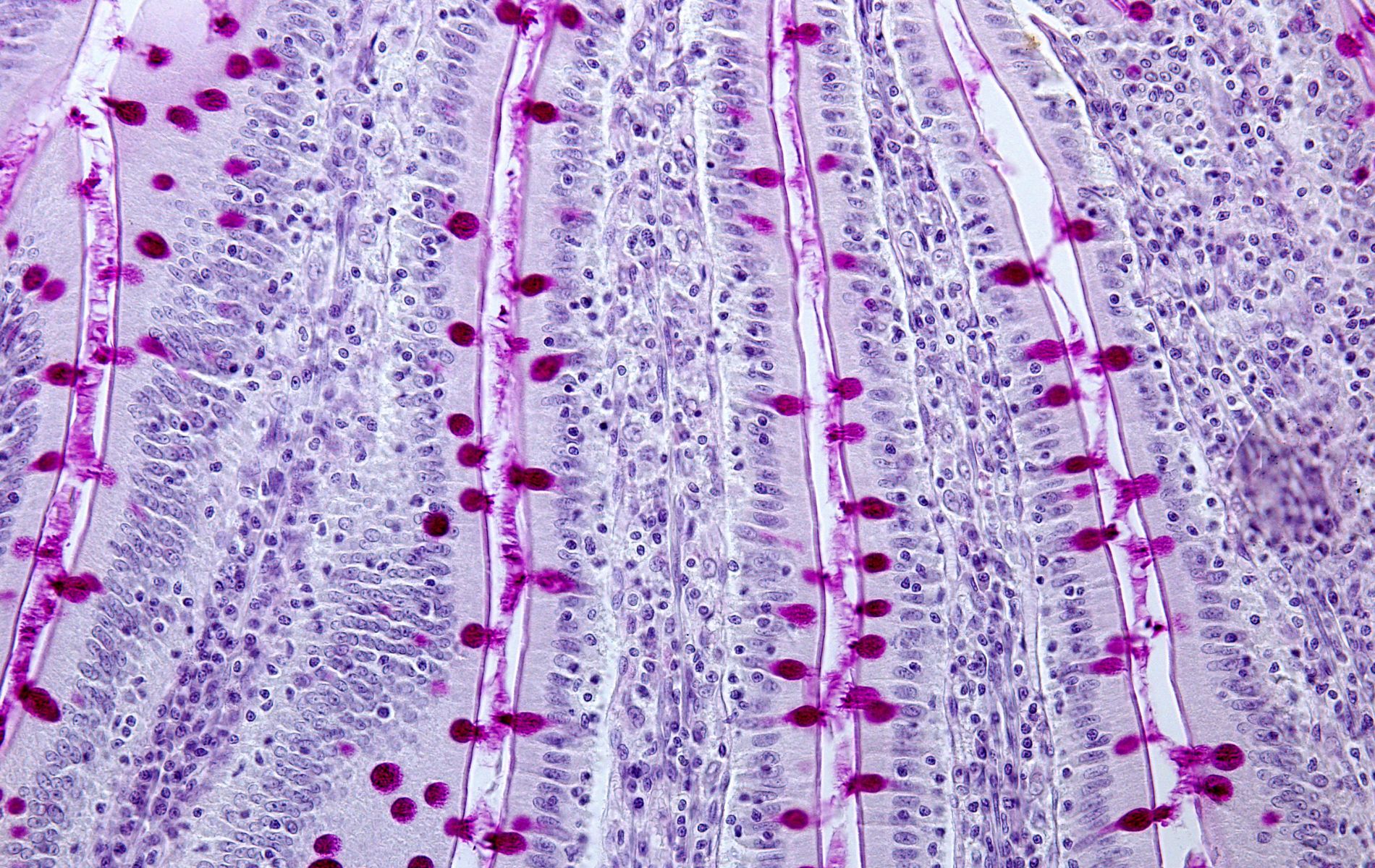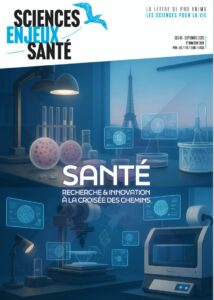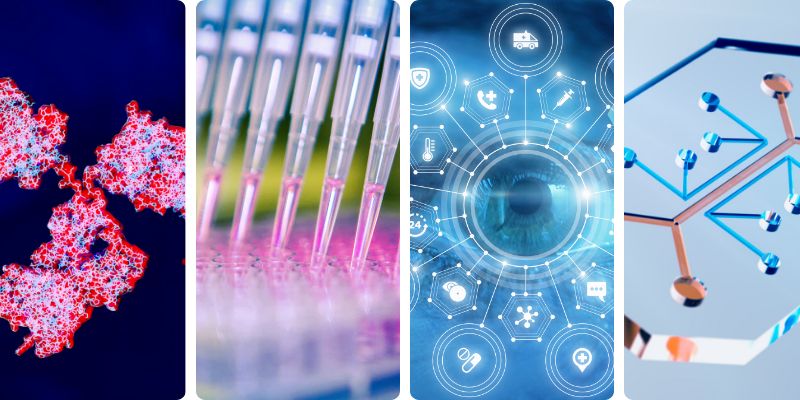
FDA Modernization Act 3.0, EPAA Annual Conference, MatTek Biotech in China and more
News on non-animal methods
SEPT. 9 - 13, 2024NEWS, REPORTS & POSITION STATEMENTS
1. The FDA Modernization Act 3.0 : Paving the Way for a New Era in Drug Development — or Just a Gentle Nudge ?
Opinion piece from the CEO of InSphero biotech, Jan Lichtenberg
In a significant step toward making drug development more patient-centric, the FDA Modernization Act 3.0 was introduced as a major piece of forward-looking legislation in February 2024. This legislation is the latest in a series of efforts to refine and modernize the regulatory framework for drug approval in the United States and will have implications for other countries as well. For stakeholders across the biopharmaceutical industry, including companies like InSphero that specialize in complex in vitro models, this legislation presents both promising opportunities and new challenges. Will it change things ?
2. Replacing Animals in Regulatory Testing and Scientific Research : Where Are We ?
Both the EMA and FDA have taken significant steps to minimize animal testing and expedite the development and implementation of in vitro methods, particularly in the development of new drugs. Despite the revised regulatory guidelines and innovations in alternative methods, the reduction of animal testing across biomedical research, drug development, and chemical safety assessments has remained slow. Meanwhile, many in vitro systems still include animal-derived materials. So, what more can be done to reduce our industry’s reliance on animals ?
One major challenge to overcome in the replacement and reduction of animal testing is the painstaking validation of alternative methods.
Read more observations by UPM Biomedicals
3. A critical look at Patient-Derived Organoids and Immortal Cell Lines : Is it time to jump ?
Cell lines are inexpensive, easy to handle and reproducible. For that reason they have been widely used for understanding the molecular basis of cancer and for drug screening. However, data showed that cell lines diverged from their parental cells with increasing passage numbers and thus do not adequately reproduce drug sensitivities.
Over the past 20 years, the focus shifted to growing cells in 3D ‘constructs’ in order to maintain (or recover) the cells’ in vivo physiological activities. These became known as patient derived spheroids and organoids (collectively referred to as PDO). The ‘Toxicology in the 21st Century’ (Tox21) program is being developed by the EPA, the FDA, the NIH and the National Toxicology Program (NTP) as partners. Their goal is to “rapidly and efficiently evaluate the safety of commercial chemicals, pesticides, food additives/contaminants, and medical products”. Interestingly, the majority of the assays used still employ cell lines, including some of the 60 which had been retired.
4. Registration now open for the 2024 EPAA Annual Conference
Join the EPAA on Wednesday, 13 November 2024 at the Albert Borschette Congress Center in Brussels, Belgium, for a day of insightful discussions and updates on the latest advancements in alternative approaches to animal testing. This year’s conference will highlight EPAA’s achievements in 2024, featuring the announcement of the EPAA 3Rs Science Prize winner, and include two engaging panels on the potential to maximize NAM uptake under existing EU chemical and pharmaceutical regulations. This event is open to EPAA members, stakeholders from European and international institutions, academia, NGOs, and national regulatory authorities.
Registration is mandatory and free of charge, by 5 November.
TOOLS, PLATFORMS, CALLS
5. Host the next World Congress !
The first World Congress on Alternatives and the Use of Animals in Life Sciences was held in Baltimore, MD, USA in 1993 and was announced to be the first in a series of world congresses, to be hosted by various countries at two or three year intervals. Over the years, subsequent World Congresses (WCs) have been organised in different parts of the globe. WC13 will be held in Rio de Janerio (Brazil) in 2025.
The WC14 is looking for a host country ! The Alternatives Congress Trust (ACT) is now calling for offers for the organization of WC14 in 2027.
6. Organoid Intelligence (OI) community by CAAT
Want to learn more about organoid intelligence (OI), and get connected with experts and enthusiasts in the OI community ? A new website, organoidintelligence.org is a great place to get informed and get involved ! You can find research and resources about this rapidly developing new field, as well as sign up for the Organoid Intelligence Community News Bulletin, a newsletter that brings you the latest breakthroughs and events in the community !
Learn more on the new OI community
INDUSTRY, BIOTECH & PARTNERSHIPS
7. Strategic partnership bringing MatTek in vitro technologies in China
MatTek has licensed its groundbreaking in vitro human tissue technology to CellEx, a leading life science laboratory in China. In alignment with MatTek’s mission to expand access and to reliable 3D models worldwide, CellEx will produce its portfolio of organotypic human tissues using our proprietary technology. This strategic partnership marks a major milestone in expanding the global reach of advanced tissue models, enabling researchers in China to access superior, human-relevant solutions for research, pharmaceutical development, and safety assessments.
SCIENTIFIC DISCOVERIES & PROTOCOLS
8. Intestinal organ chips for disease modelling and personalized medicine
Studying human intestinal physiology or pathophysiology is difficult in preclinical animal models because their microbiomes and immune systems differ from those of humans. Although already showing great promise, intestinal organoids still lack crucial features that are necessary to study functions central to intestinal health and disease, such as digestion or fluid flow, as well as contributions from long-term effects of living microbiome, peristalsis and immune cells.
A new review from Prof Ingber and colleagues discusses developments in organ-on-a-chip microfluidic culture models of the human intestine that are lined by epithelial cells and interfaced with other tissues which can experience both fluid flow and peristalsis-like motions. Such techniques offer powerful ways to model intestinal physiology and disease states for various human populations and individual patients, and can be used to gain new insight into molecular and biophysical mechanisms of disease as well as preclinical tools to discover and validate new drugs in the same human-relevant model.
Read more in Nature Reviews Gastroenterology & Hepatology
9. Patient-derived tumor organoids : A new avenue for preclinical research and precision medicine in oncology
Over the past decade, the emergence of patient-derived tumor organoids (PDTOs) has broadened the repertoire of preclinical models and progressively revolutionized three-dimensional cell culture in oncology. PDTO can be grown from patient tumor samples with high efficiency and faithfully recapitulates the histological and molecular characteristics of the original tumor. Therefore, PDTOs can serve as invaluable tools in oncology research, and their translation to clinical practice is exciting for the future of precision medicine in oncology.
In this review, the authors provide an overview of methods for establishing PDTOs and their various applications in cancer research, and highlight the challenges associated with the clinical implementation of PDTO, such as its representativeness, success rate, assay speed, and lack of a tumor microenvironment.
Read the publication in Nature
10. An overview of establishing confidence in gastrointestinal models
The webinar series and workshop titled “Trust Your Gut : Establishing Confidence in Gastrointestinal Models – An Overview of the State of the Science and Contexts of Use” was co-organized by NICEATM, NIEHS, FDA, EPA, CPSC, DoD, and the Johns Hopkins Center for Alternatives to Animal Testing (CAAT) and hosted at the National Institutes of Health in Bethesda, MD, USA on October 11 – 12, 2023. New approach methods (NAMs) for assessing issues of gastrointestinal tract (GIT)- related toxicity offer promise in addressing some of the limitations associated with animal-based assessments. Despite advances in GIT NAMs, challenges remain in fully replicating the complex interactions and processes occurring within the human GIT.
Presentations and discussions addressed (1) regulatory needs, challenges, and innovations in incorporating NAMs into risk assessment frameworks ; (2) explored the state of the science in using NAMs for evaluating systemic toxicity, understanding absorption and pharmacokinetics, evaluating GIT toxicity ; and (3) discussed strengths, limitations, and data gaps of GIT NAMs as well as steps needed to establish confidence in these models for use in the regulatory setting.


